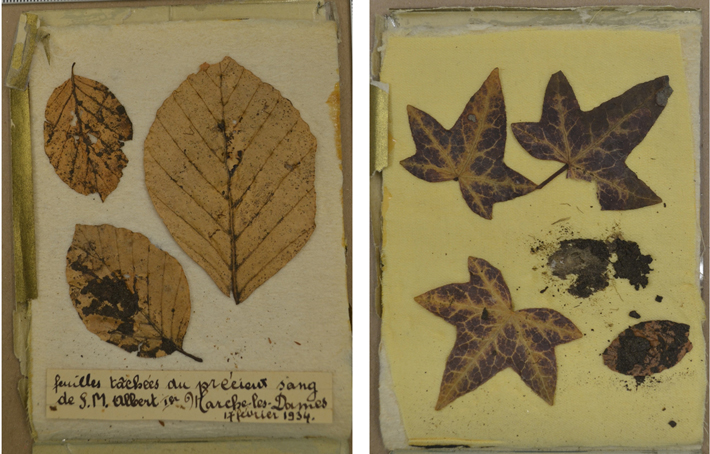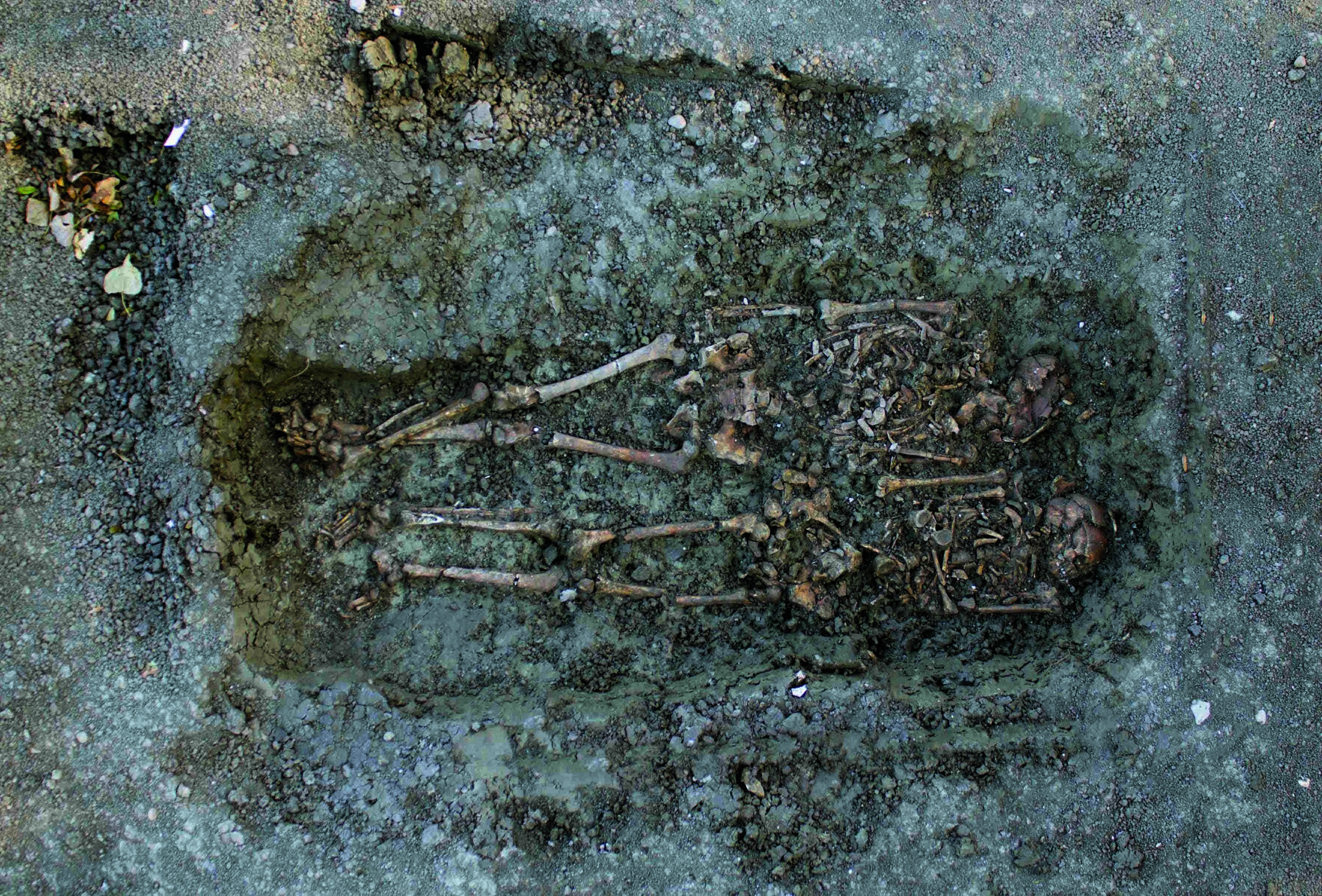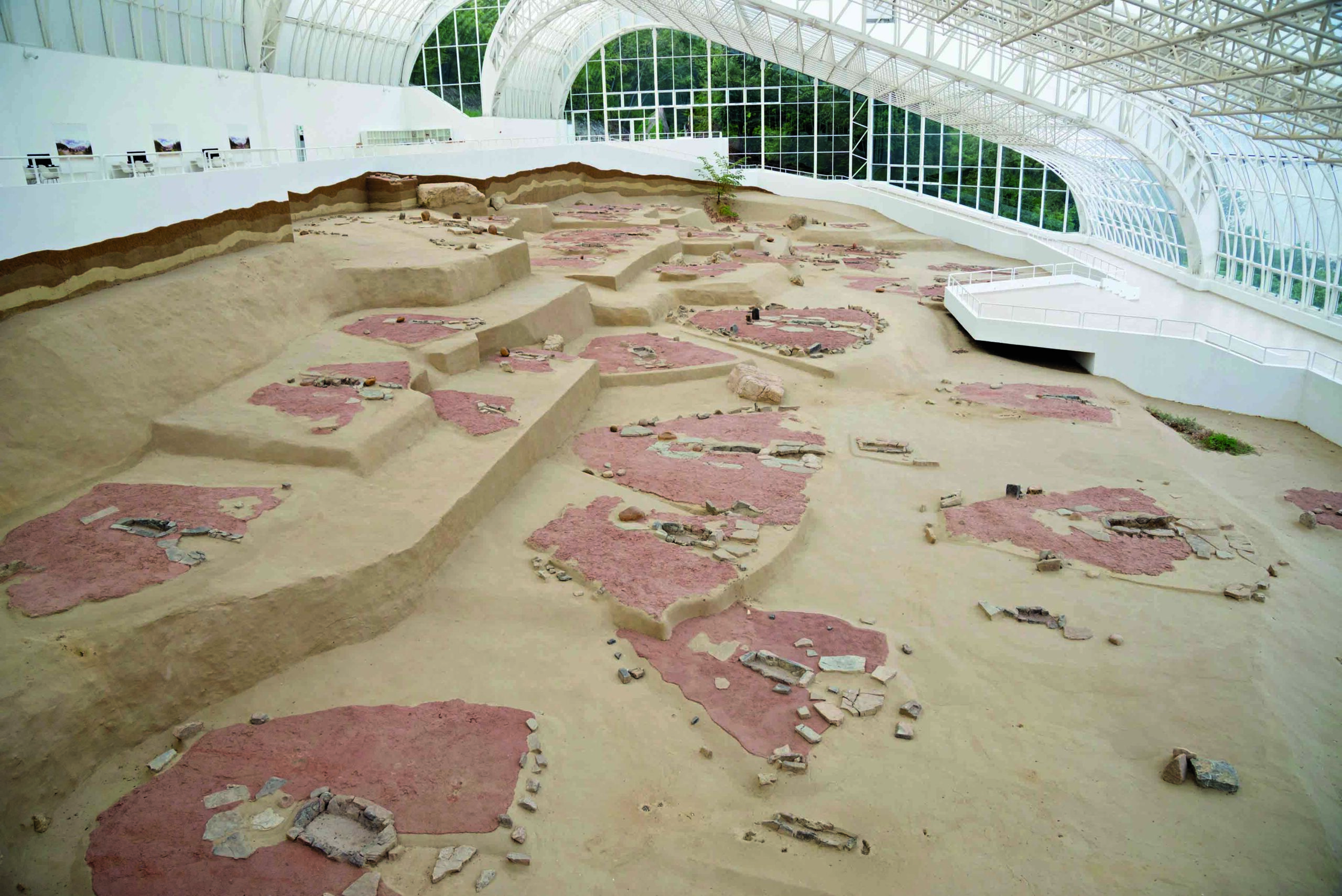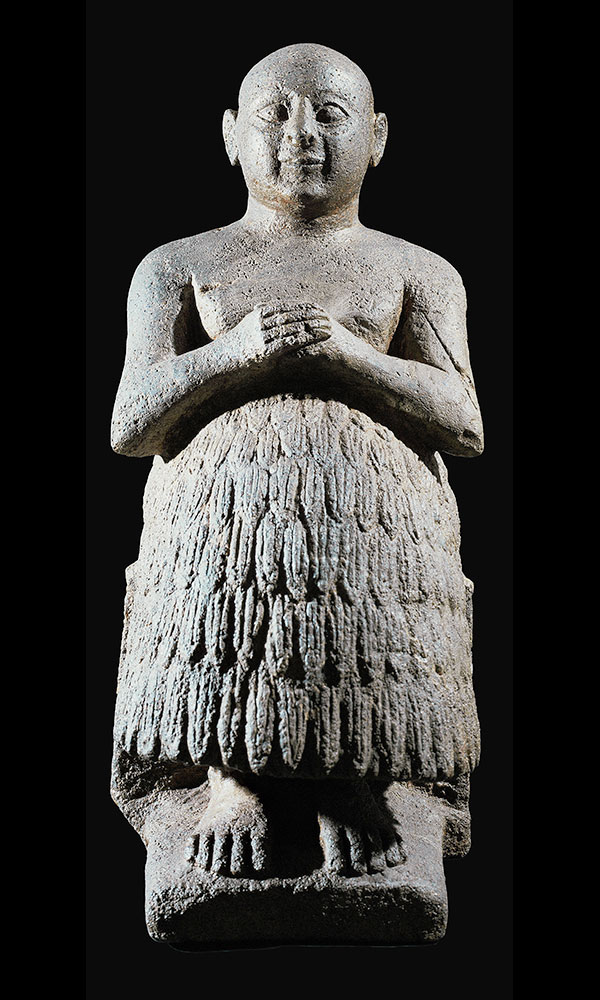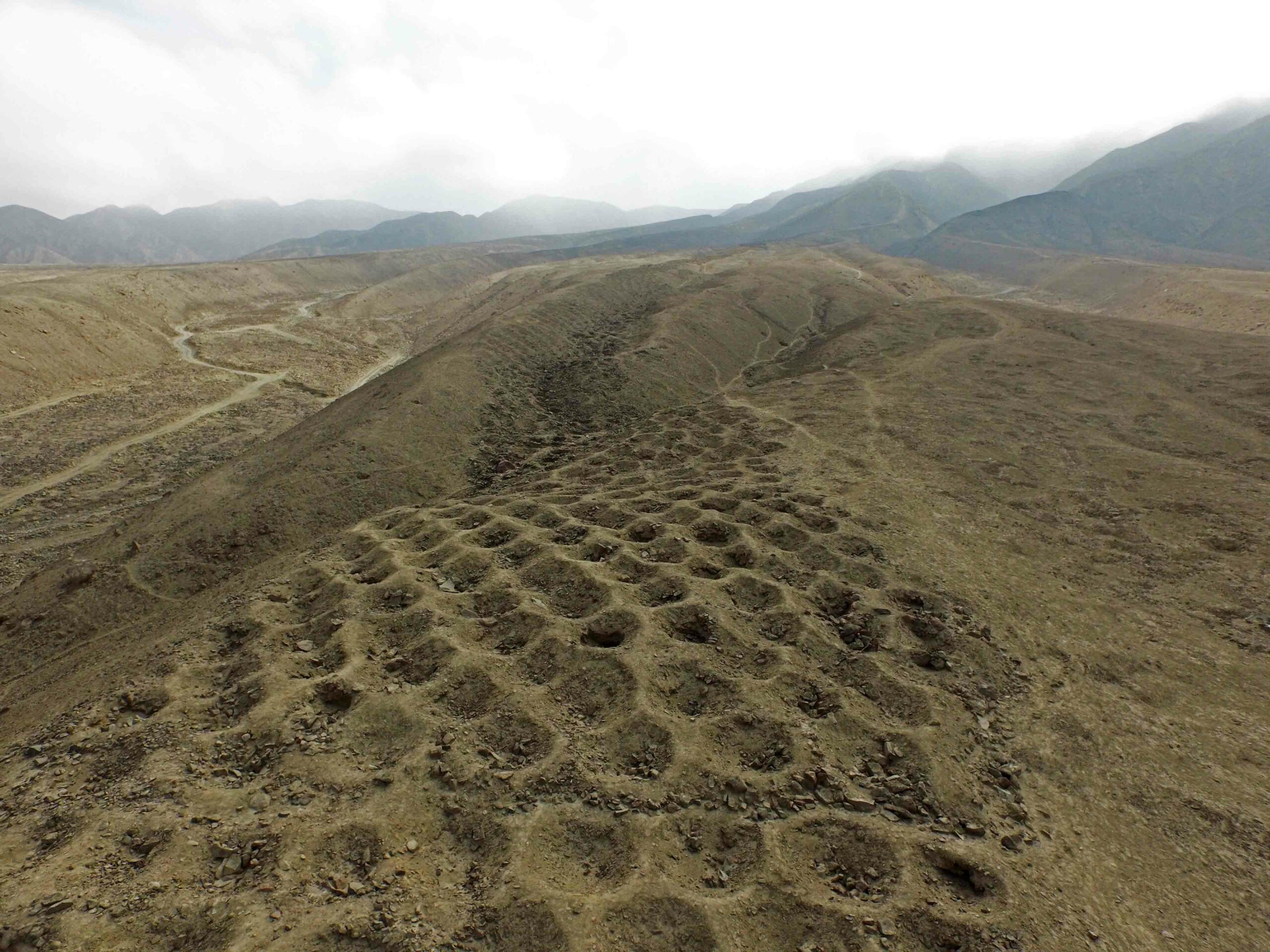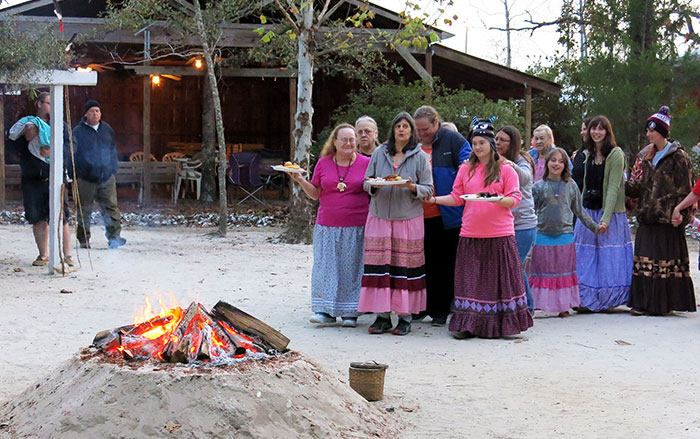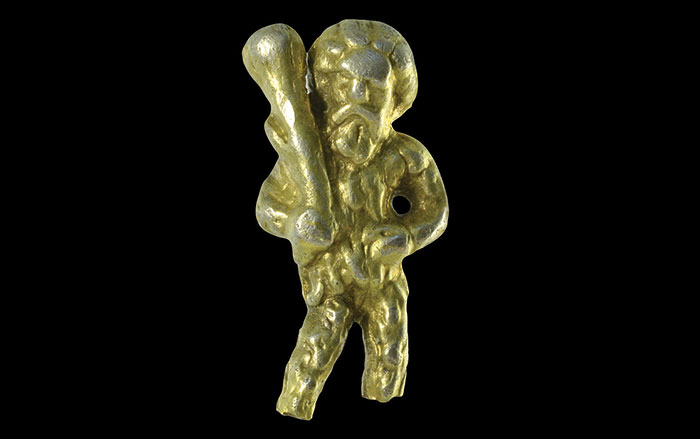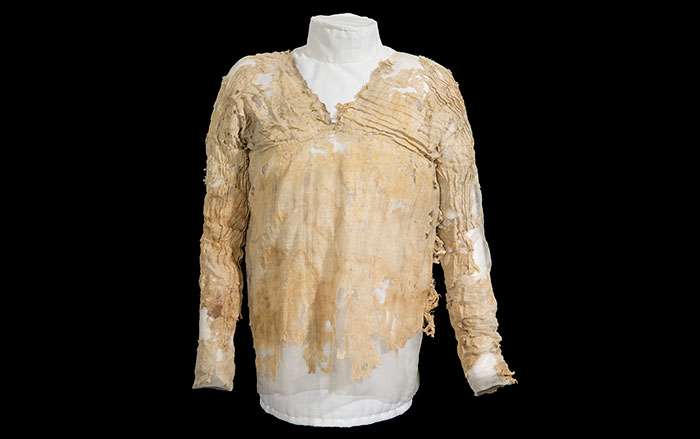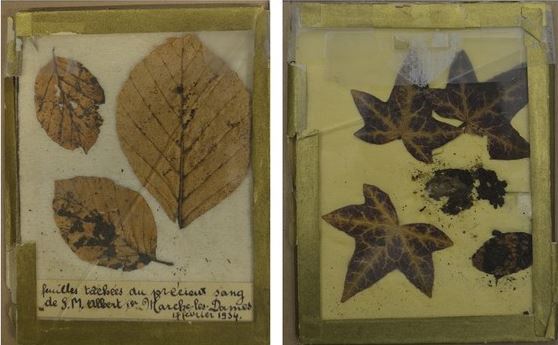
LEUVEN, BELGIUM—Live Science reports that leaves collected at the death site of Belgium’s King Albert I more than 80 years ago are stained with his blood. The 58-year-old king reportedly died on February 17, 1934, while mountain climbing alone near the village of Marche-les-Dames. His body was found at the foot of a cliff that was soon visited by thousands of mourners, some of whom collected souvenirs. Conspiracy theorists claimed that the king had been murdered, and his body placed at the foot of the cliff after he was killed by a blow to the head. Scientists from the University of Leuven analyzed the blood on leaves supposedly collected at the site at the time, and compared the DNA with two of the king’s living relatives. “We found that the blood is indeed that of Albert I,” said forensic geneticist Maarten Larmuseau. The scientists say the results support the account that Albert I died in a fall. “The story that the dead body of the king has never been in March-les-Dames or was only placed there at night has now become very improbable,” he said. To read about a similar study, go to "French Revolution Forgeries."


